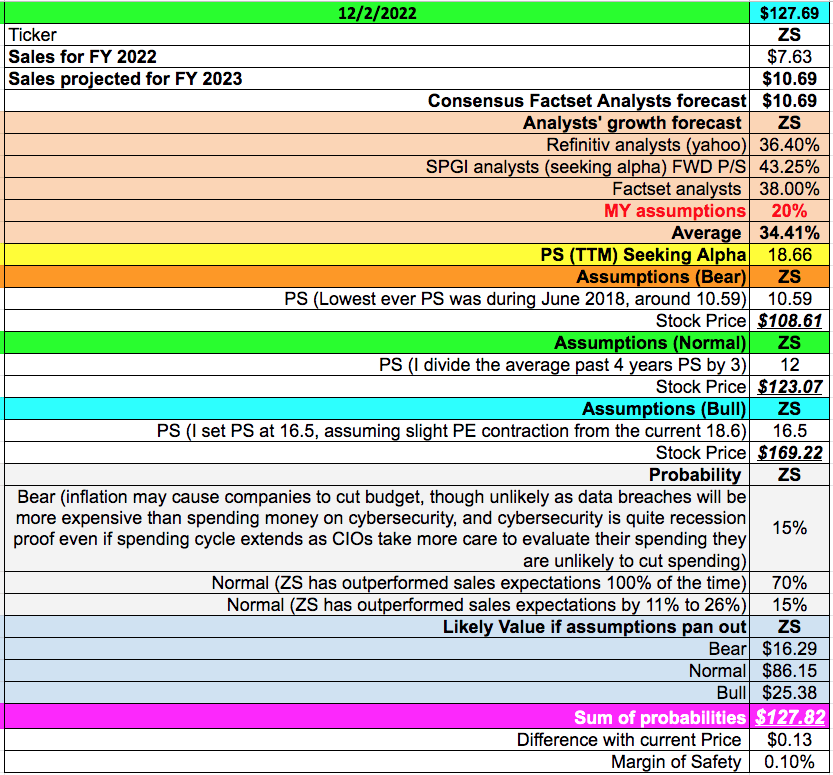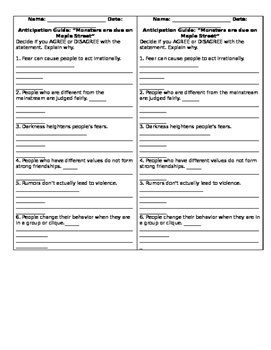Punished For Seeking Change: Understanding The Consequences Of Dissent

Table of Contents
Social Consequences of Dissent
Speaking out against the prevailing norms can lead to significant social repercussions. The act of challenging authority, especially when it's deeply ingrained within a community, often incurs a price. Understanding these social consequences is crucial for anyone considering expressing dissent.
Social Isolation and Ostracization
Dissenting voices often face social isolation and ostracization. Individuals who challenge the status quo may find themselves excluded from social circles, losing valued friendships and support networks. This can lead to feelings of loneliness and alienation, further hindering their ability to effect change.
- Loss of social standing: Being labeled a troublemaker or outsider can significantly impact one's social standing.
- Reputational damage: False narratives and smear campaigns can damage a dissenter's reputation, making it difficult to build trust and credibility.
- Cyberbullying: In the digital age, dissenters face the added threat of online harassment and cyberbullying.
- Family conflict: Disagreements about political or social issues can strain family relationships, leading to conflict and alienation.
For example, individuals who publicly oppose popular opinions within their communities may experience social shunning, making it difficult to maintain relationships and build community support for their cause.
Reputational Damage and Character Assassination
Dissent often invites attacks on reputation and character. Those who challenge the powerful are frequently targeted with smear campaigns, false accusations, and attempts to discredit their motives and integrity.
- Negative media portrayal: Mainstream or social media can be weaponized to portray dissenters in a negative light, shaping public opinion against them.
- Online harassment: The anonymity of the internet emboldens online harassment, with dissenters often subjected to hate speech and personal attacks.
- Loss of credibility: False accusations and character assassination can undermine a dissenter's credibility, making it harder for them to be heard or believed.
- Difficulty finding employment: In some cases, reputational damage can make it difficult to find employment or advance in one's career.
Whistleblowers, for instance, frequently face intense public scrutiny and reputational damage for exposing wrongdoing, even when acting in the public interest.
Legal and Political Consequences of Dissent
The legal and political landscape can pose significant threats to those who dare to challenge the established order. Depending on the context and severity of the dissent, the consequences can range from minor inconveniences to severe imprisonment.
Legal Sanctions and Imprisonment
Governments and authoritarian regimes often employ legal measures to silence dissent. The penalties for expressing opposing views can vary greatly, depending on the specific laws and the political climate.
- Arrest: Dissenting individuals may be arrested for participating in protests, distributing leaflets, or expressing critical views.
- Detention: Pre-trial detention without charge is common in some countries, used to suppress dissent and intimidate activists.
- Charges of sedition, treason, or incitement: Serious charges can be leveled against those perceived as threatening the state or inciting violence.
Political activists in authoritarian regimes and journalists reporting on sensitive topics frequently face arrest, detention, and lengthy prison sentences for their dissenting views.
Censorship and Suppression of Information
Controlling information is a key tool for suppressing dissent. Governments and powerful institutions often restrict access to information and silence dissenting voices through various means.
- Media censorship: Governments may control media outlets, limiting access to diverse perspectives and preventing critical reporting.
- Internet restrictions: The internet, a powerful tool for organizing dissent, is often subject to censorship and surveillance.
- Limitations on freedom of speech: Laws restricting free speech are used to prosecute individuals and groups for expressing critical views.
- Book bans: Books and other forms of literature deemed subversive or threatening are often banned or restricted.
Economic Consequences of Dissent
The economic costs of dissent can be substantial, ranging from job loss to financial ruin. Challenging the powerful often comes with a financial price.
Job Loss and Economic Hardship
Speaking out against prevailing norms can lead to significant economic repercussions, particularly in the workplace.
- Blacklisting: Individuals who express dissenting views may be blacklisted by employers, making it difficult to find future employment.
- Loss of contracts: Freelancers and independent contractors may lose contracts if their views are perceived as controversial or offensive.
- Difficulty securing loans: A damaged reputation can make it difficult to obtain loans or other forms of financial assistance.
- Financial ruin: In extreme cases, dissent can lead to financial ruin, especially for those who are self-employed or lack alternative income sources.
Employees who report unethical practices within their companies, for example, often face retaliation, including demotion, dismissal, and blacklisting.
Boycotts and Economic Sanctions
Businesses and individuals can face boycotts and economic sanctions as a result of their dissenting views. This can lead to a significant decline in revenue and damage to their brand reputation.
- Loss of customers: Consumers may boycott businesses that express views they disagree with, resulting in a loss of revenue and market share.
- Decreased profits: Boycotts and negative publicity can lead to a significant decline in profits.
- Damage to brand reputation: Negative publicity and boycotts can severely damage a company's reputation, making it difficult to attract new customers and investors.
Companies facing boycotts for their environmental or labor practices, for instance, can suffer significant economic losses.
Conclusion
This article has explored the multifaceted consequences of dissent, highlighting the social, legal, political, and economic repercussions individuals and groups face for challenging the status quo and advocating for change. Understanding the risks associated with speaking out against injustice is crucial. The potential for social isolation, legal sanctions, economic hardship, and reputational damage is very real. However, it's equally important to acknowledge the necessity of dissent in fostering progress and social justice. While navigating the challenges of dissent requires careful consideration and strategic planning, silence is often complicity.
To learn more about understanding the repercussions of dissent and mitigating these risks, explore resources dedicated to human rights, freedom of speech, and activism. The fight for social change requires courage, but also understanding the potential consequences allows for more effective and safer advocacy. Continue learning about navigating the challenges of dissent to build a more just and equitable world.

Featured Posts
-
 Waiting A Story Of Anticipation And Uncertainty
May 24, 2025
Waiting A Story Of Anticipation And Uncertainty
May 24, 2025 -
 Apple Stock Price Target Should You Buy Aapl At 200 Based On 254 Prediction
May 24, 2025
Apple Stock Price Target Should You Buy Aapl At 200 Based On 254 Prediction
May 24, 2025 -
 Guccis Massimo Vian Departs Supply Chain Leadership Change
May 24, 2025
Guccis Massimo Vian Departs Supply Chain Leadership Change
May 24, 2025 -
 Stoxx Europe 600 Ve Dax 40 Endekslerinde Gerileme 16 Nisan 2025 Avrupa Piyasalari
May 24, 2025
Stoxx Europe 600 Ve Dax 40 Endekslerinde Gerileme 16 Nisan 2025 Avrupa Piyasalari
May 24, 2025 -
 My Experience Waiting By The Phone
May 24, 2025
My Experience Waiting By The Phone
May 24, 2025
Latest Posts
-
 Sean Penn Weighs In On Dylan Farrows Accusations Against Woody Allen
May 24, 2025
Sean Penn Weighs In On Dylan Farrows Accusations Against Woody Allen
May 24, 2025 -
 Controversy Surrounding Woody Allen Sean Penns Perspective
May 24, 2025
Controversy Surrounding Woody Allen Sean Penns Perspective
May 24, 2025 -
 The Sean Penn Woody Allen Dylan Farrow Controversy
May 24, 2025
The Sean Penn Woody Allen Dylan Farrow Controversy
May 24, 2025 -
 Woody Allen Sexual Assault Allegations Sean Penns Doubts
May 24, 2025
Woody Allen Sexual Assault Allegations Sean Penns Doubts
May 24, 2025 -
 Sean Penns Response To Dylan Farrows Allegations Against Woody Allen
May 24, 2025
Sean Penns Response To Dylan Farrows Allegations Against Woody Allen
May 24, 2025
